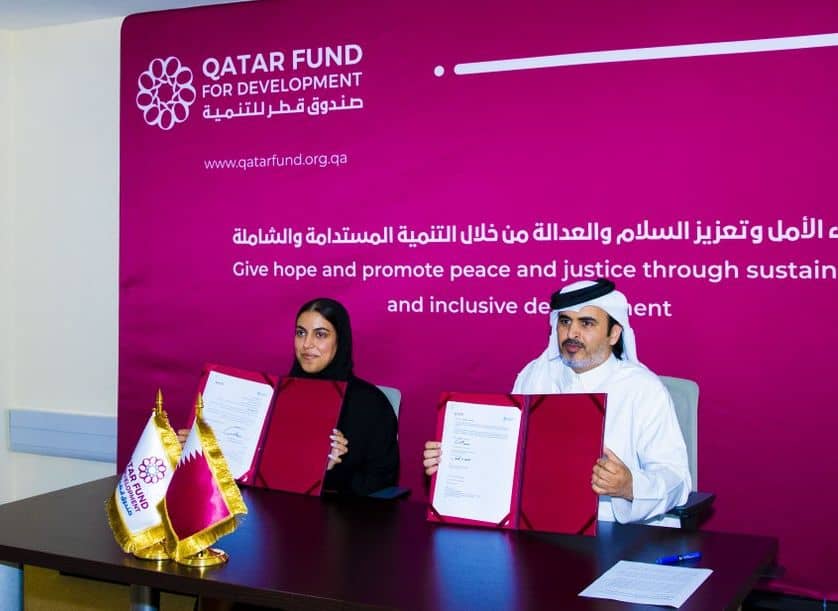Qatar Fund for Development has signed an agreement with the Food and Agriculture Organization for climate action in Somalia, the official Qatar News Agency has reported.
The fund will collaborate with the UN agency to build climate-resilience and take shock-informed anticipatory action, it said.
Somalia is said to be highly vulnerable to recurrent shocks, with colliding and cumulative effects.
The country has been recurrently affected by droughts, flash and riverine flooding, cyclones, locusts, disease outbreaks, and conflict.
These shocks are said to have led to continual disruption of livelihoods, increased vulnerability, and poverty, resulting in acute hunger and malnutrition.
It is to help with these problems that QFFD and FOA have joined hands.
They said they, with the help of this project, aim to enhance smallholder agriculture and livestock production through climate-resilient and shock-informed anticipatory action.
The objective of the project is expected to include maximizing and diversifying farmers production in anticipation of a drought, as well as drought-related spread of animal disease is mitigated to protect household food security.
The project also apparently aims to enhance nutrition, and income, and also improve access to water to protect critical livelihood assets of pastoralist populations.
Qatar Fund for Development Deputy Director General of Projects, Misfer Al-Shahwani, told reporters on the occasion that the project would help deliver “effective solutions that is estimated to assist 1,850 farming smallholders and respond to emergency agricultural livelihoods in advance.”

